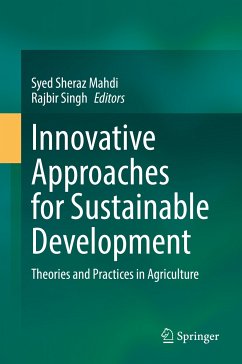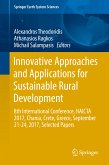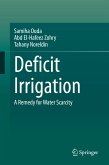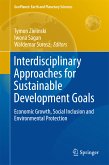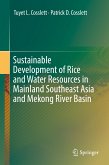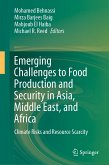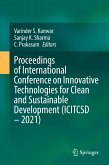This book aims to provide an overall understanding of all aspects related to the study of environment resources, its protection for sustainable development. To meet the growing food demand of the over nine billion people who will exist by 2050 and the expected dietary changes, agriculture will need to produce 60 percent more food globally in the same period. The goal of sustainable agriculture is to meet society's food and textile needs in the present without compromising the ability of future generations to meet their own needs. Practitioners of sustainable agriculture seek to integrate three main objectives into their work: a healthy environment, economic profitability, and social and economic equity. Every person involved in the food system growers, food processors, distributors, retailers, consumers, and waste managers can play a role in ensuring a sustainable agricultural system.
Dieser Download kann aus rechtlichen Gründen nur mit Rechnungsadresse in A, B, BG, CY, CZ, D, DK, EW, E, FIN, F, GR, HR, H, IRL, I, LT, L, LR, M, NL, PL, P, R, S, SLO, SK ausgeliefert werden.

